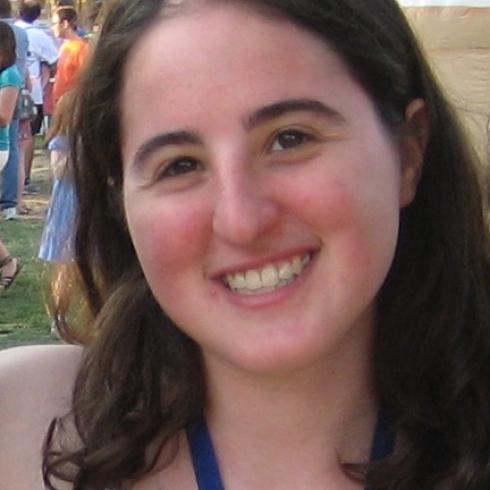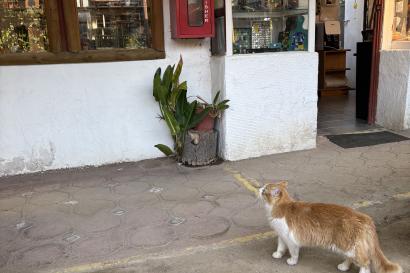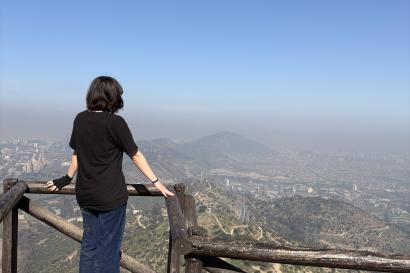When I first came to Chile, I kept trying to explain to people that the US had the same problems as Chile (“But we also have a system that gives better healthcare and a better education to those who can afford it!”). It took me a while to learn, observe, and admit that inequality here is more profound. It took me even longer to articulate why.
Unlike in the US, inequality in Chile is broad and institutionalized, as a result of the dictatorship. Between 1973 and 1990, the country was forced into neoliberalism, in tandem with (and enabled by) numerous human rights violations. Though cited as a macroeconomic miracle by some, neoliberalism was a microeconomic disaster, and its effects stretched far beyond the years of the military government. Pinochet was still commander-in-chief of the army and senator-for-life until his arrest in 1998, and Chile uses the same constitution (with modifications) that was established by the military junta in 1980.
And so today, this country treats education as a consumer good rather than a right. It guarantees healthcare for all and yet relegates to severely underresourced public clinics those who cannot pay for private ones. It levels a 19% tax on books for reasons no one has been able to explain to me, while letting foreign companies get by with minimal taxes as they profit from the country’s copper. And until recently, it kept convicted leaders of Pinochet’s secret police in a prison with a pool and cable TV.
I’ve talked politics with my host family, Chilean friends my age, IES professors and staff, a filmmaker, healthcare providers, hospital patients, an artisan, and a music producer. Under everyone’s discourse, no matter how soft-spoken they are, there is the word DESIGUALDAD. Inequality. This discontent and the desire to change it is a very visible part of Chilean society, at least anywhere outside of the most elite neighborhoods of Santiago (case in point). Sometimes it’s very obvious (people selling Marx at a street fair), and sometimes less so (a reference to how things “used to be”). Very rarely, it’s misguided and violent (encapuchados, or masked men, setting things on fire), but more often than not it’s peaceful and constructive (a hip-hop concert about the Mapuche’s struggle for their territory and rights).
Election time brings it all out, as did the 40th anniversary of the military coup in September. It’s a very interesting time to be in Chile. And as I cannot escape from the political ads on the streets, neither can you! (pictures below).








Maya Silver
<p><span style="color: rgb(29, 29, 29); font-family: Arial, Verdana, sans-serif; font-size: 12px; line-height: normal; background-color: rgb(237, 237, 237);">Maya is a senior majoring in Neuroscience at Johns Hopkins University. In addition to classes and laboratory research, she enjoys running, martial arts, and improvisational baking (with variable results). Having achieved comprehension of the Baltimore accent, she hopes to master Spanish as well, and is looking forward to many adventures in Chile!</span></p>






